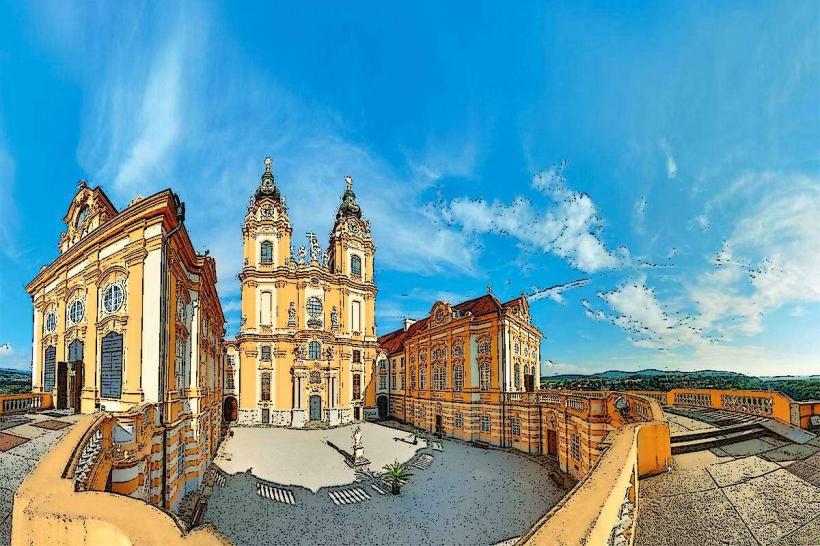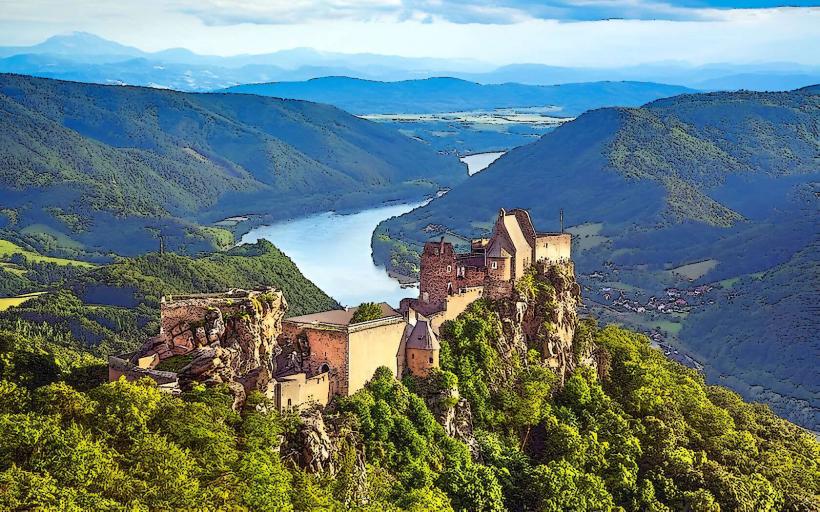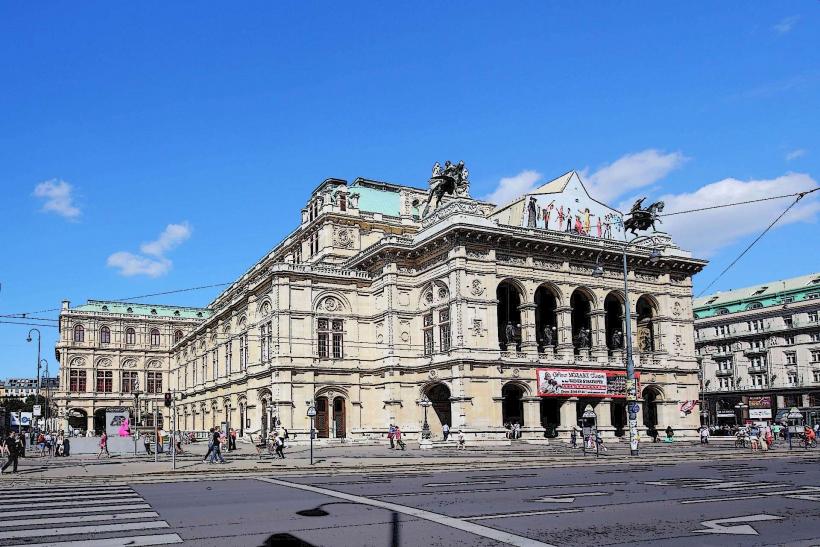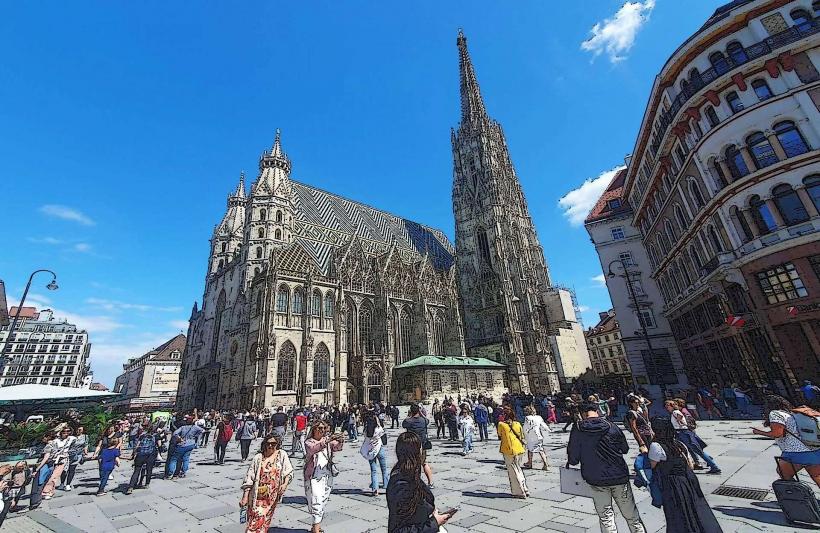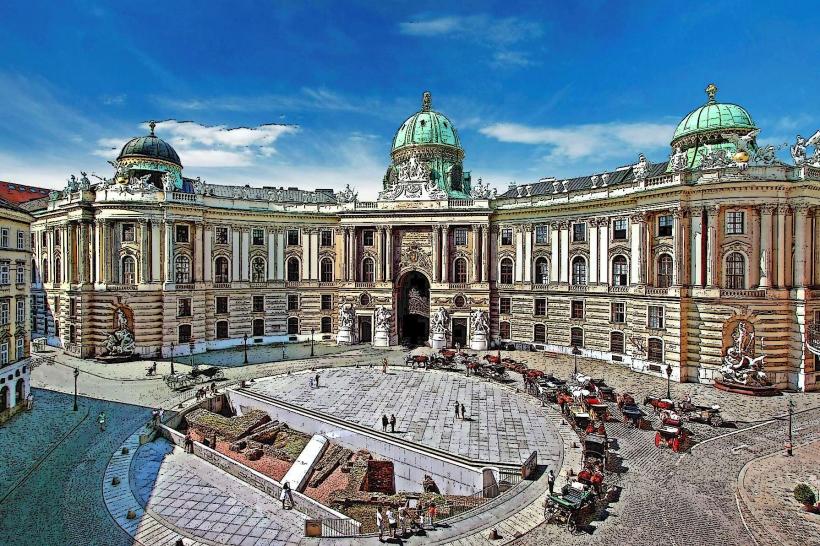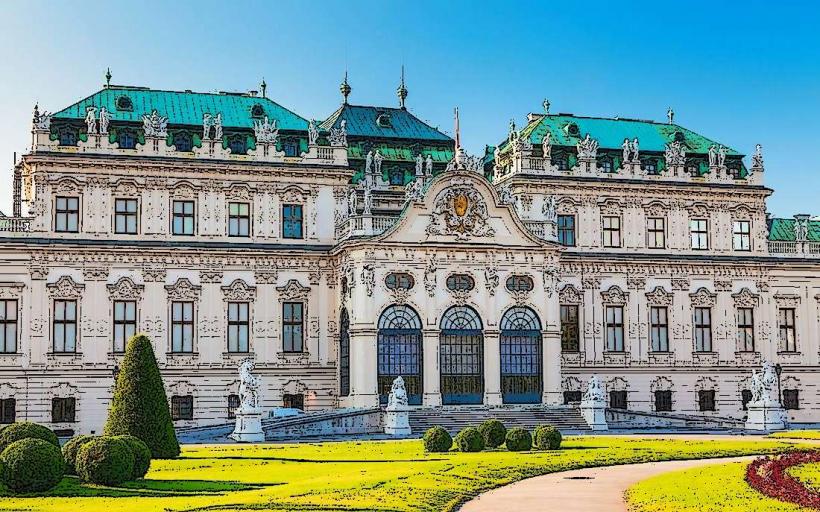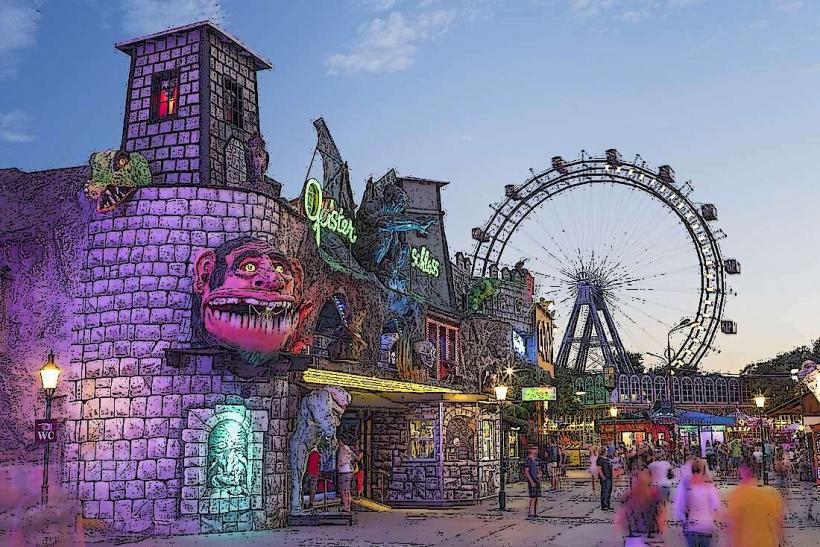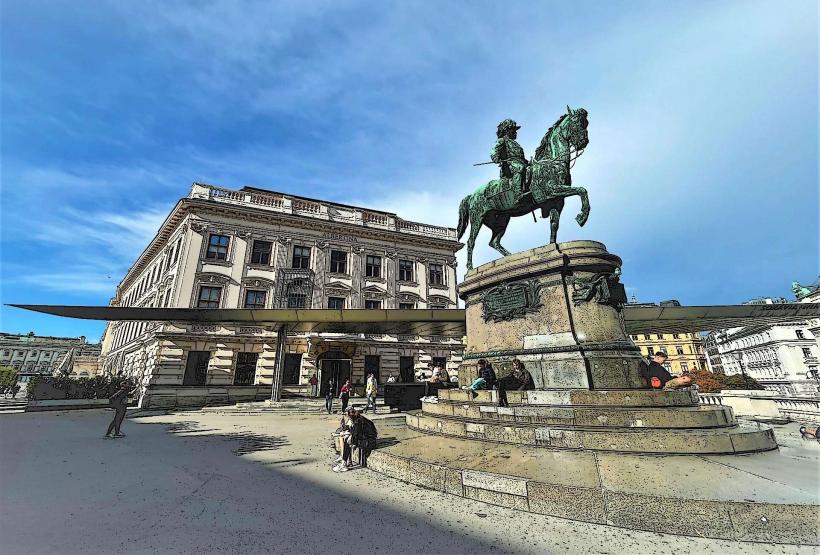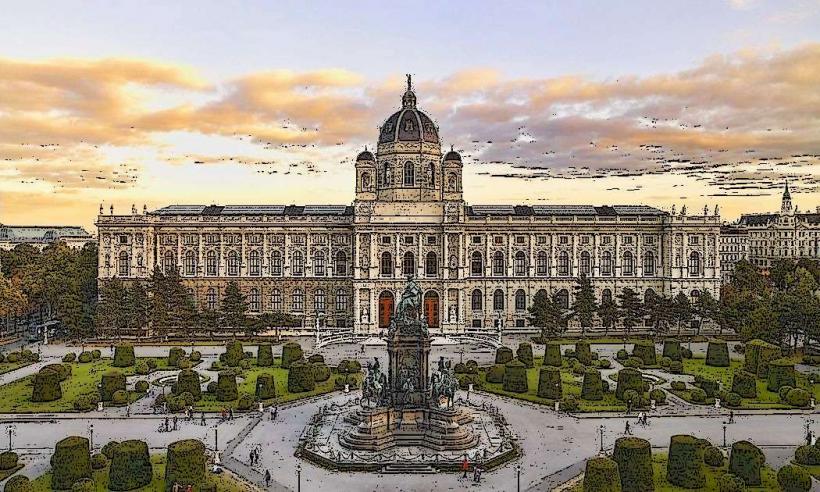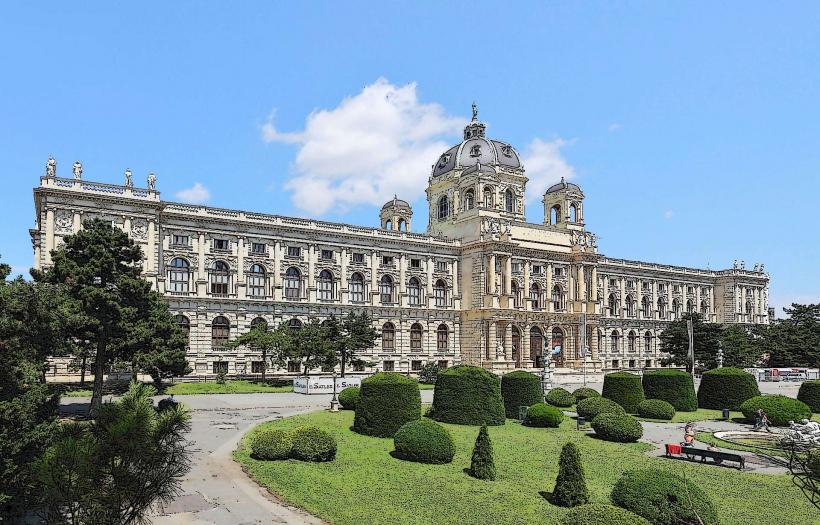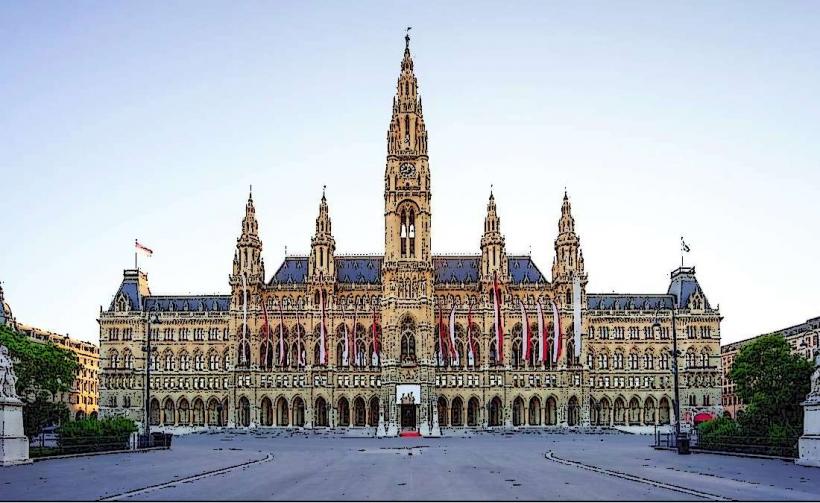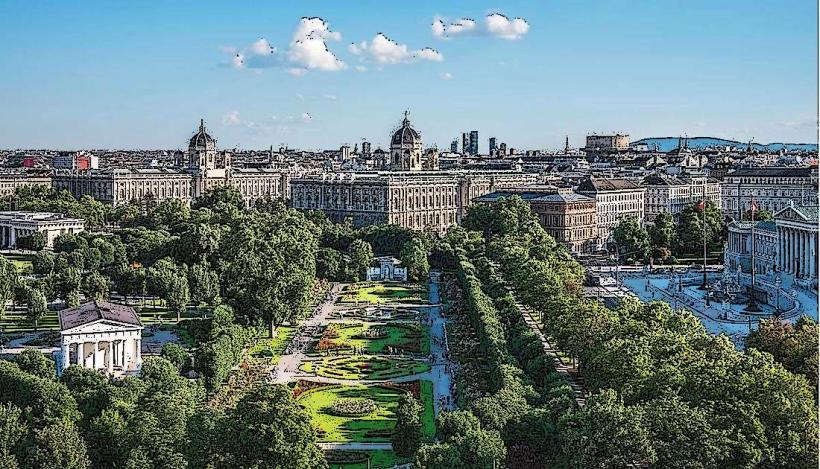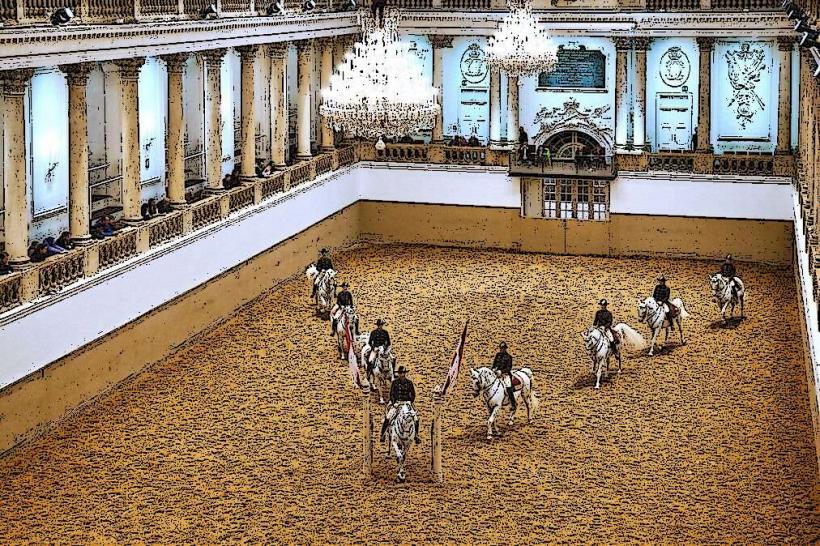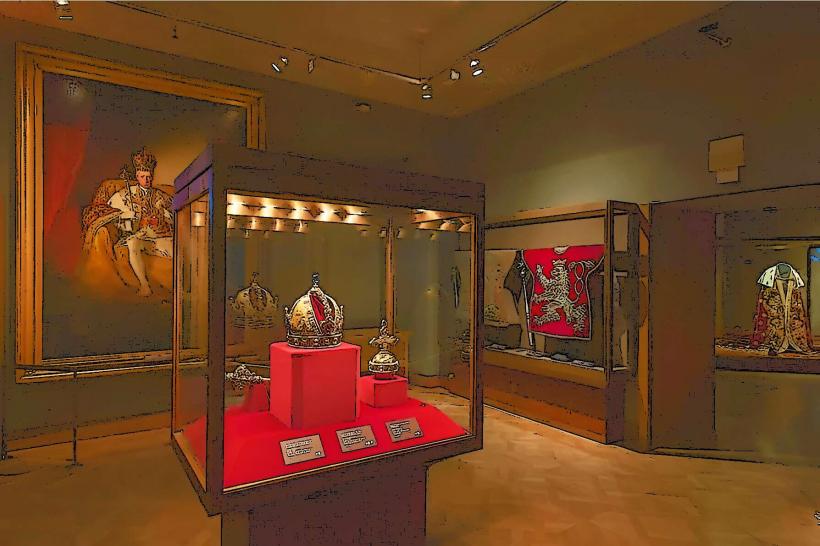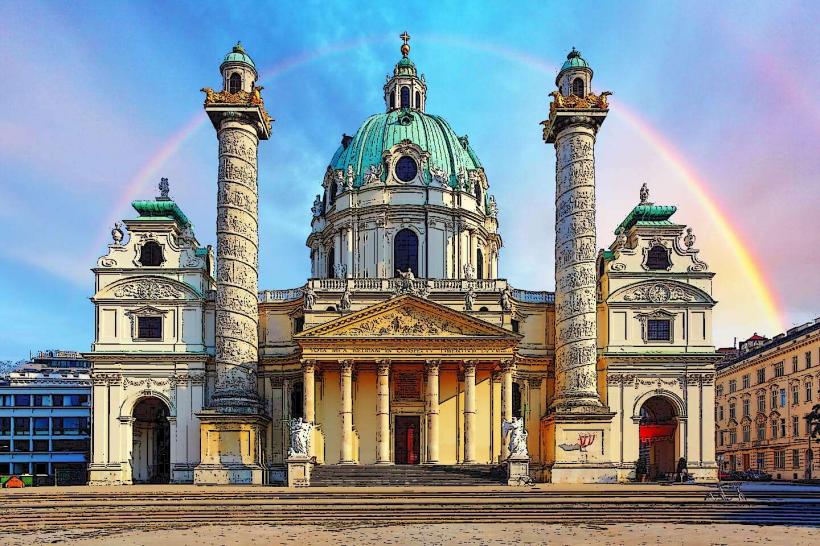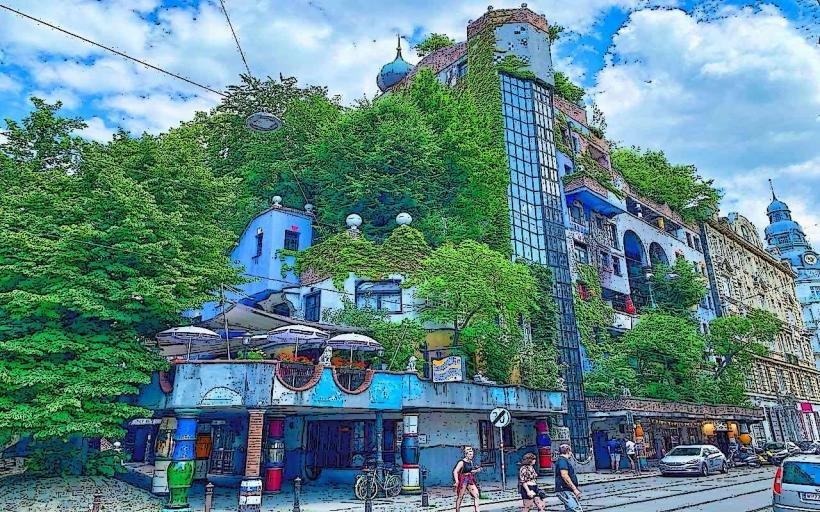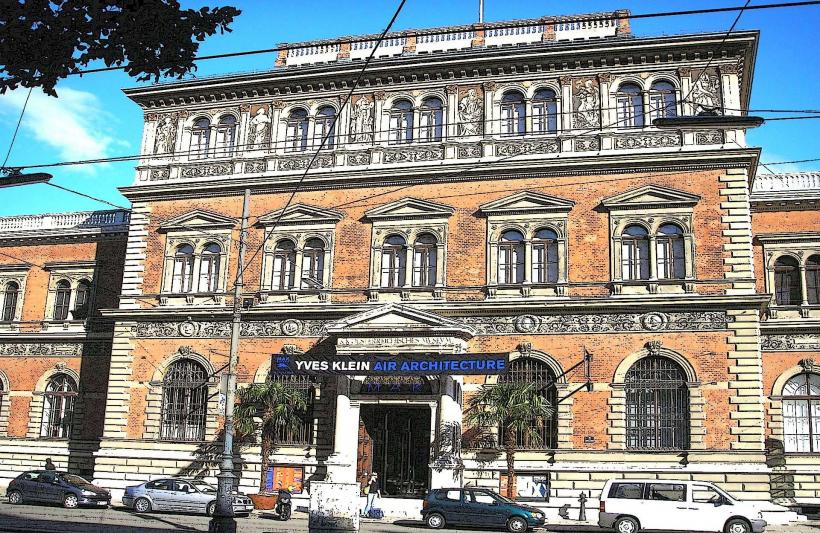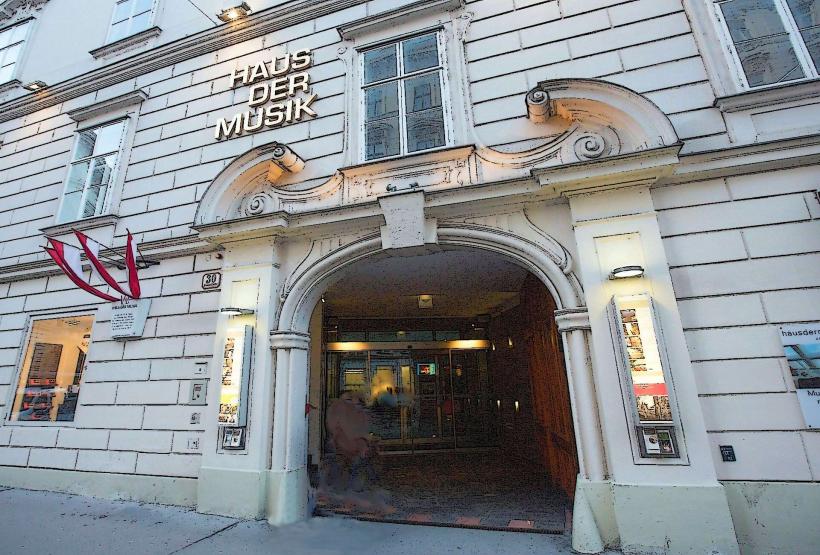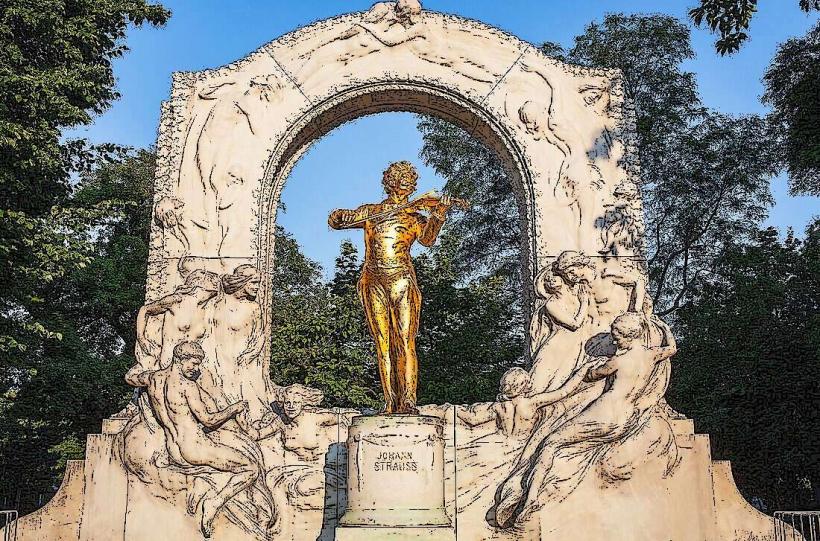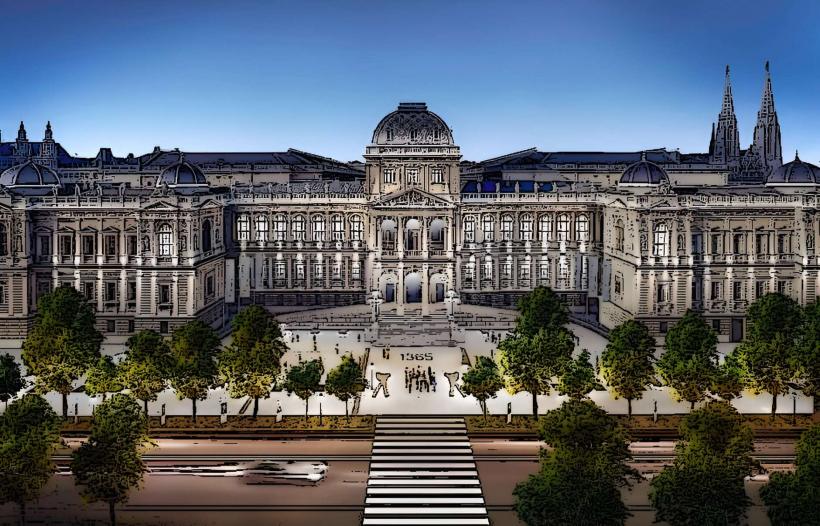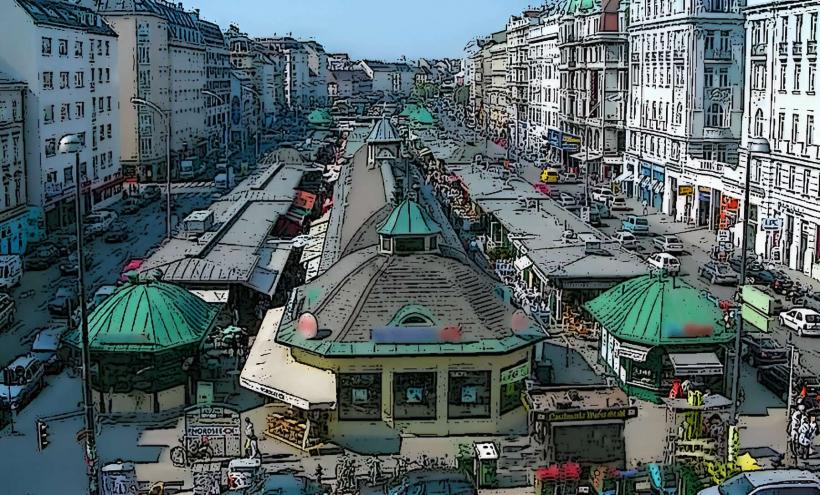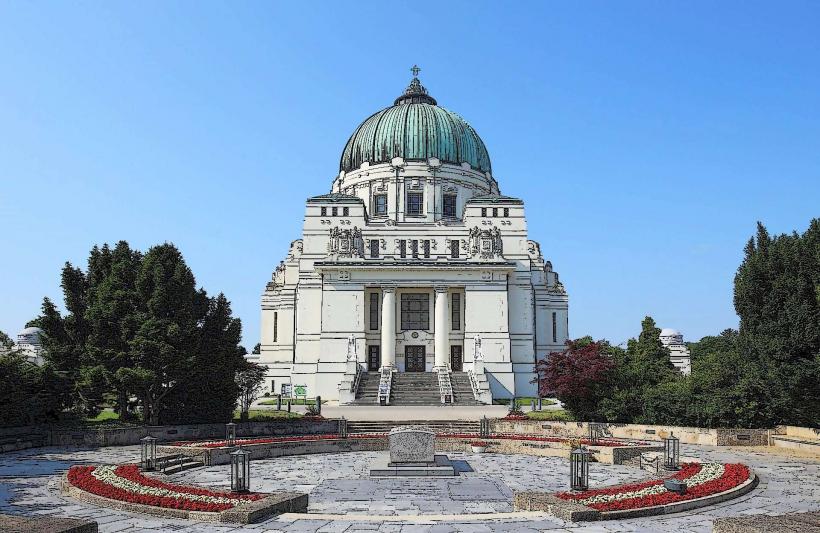Information
Landmark: Imperial Palace (Hofburg)City: Vienna
Country: Austria
Continent: Europe
Imperial Palace (Hofburg), Vienna, Austria, Europe
The Imperial Palace (Hofburg) – A Symbol of Habsburg Power and History
The Hofburg Palace, located in the heart of Vienna, is one of Austria's most iconic landmarks. It served as the residence of the Habsburg dynasty for over 600 years and remains a centerpiece of Vienna's cultural and political life. Today, the sprawling palace complex houses museums, state institutions, and ceremonial spaces.
Overview
- Location: Michaelerplatz, 1010 Vienna, Austria
- Architectural Style: A blend of Gothic, Renaissance, Baroque, and Neoclassical elements
- Construction Timeline: Built and expanded over 13 centuries (13th–20th centuries)
- Current Use:
- Official residence of the Austrian Federal President
- Museums, libraries, and cultural institutions
Historical Significance
Origins:
- The Hofburg’s history dates back to the 13th century when it began as a small fortified castle.
- It gradually grew into a sprawling imperial residence as the Habsburgs expanded their power.
Habsburg Era:
- The Hofburg served as the seat of the Habsburg emperors, including rulers of the Holy Roman Empire, the Austrian Empire, and the Austro-Hungarian Empire.
- It was a political, cultural, and ceremonial center of the monarchy.
Modern Era:
- After the collapse of the Austro-Hungarian Empire in 1918, the palace became state property.
Architecture and Layout
The Hofburg is an architectural patchwork, reflecting centuries of construction and renovation. Its various wings and courtyards showcase different styles.
Key Sections
Alte Burg (Old Fortress):
- The oldest part of the Hofburg, dating to the 13th century, now part of the Swiss Wing.
Swiss Wing (Schweizertrakt):
- Named after the Swiss Guard who once protected it.
- Houses the Imperial Treasury (Schatzkammer), which contains treasures like the Imperial Crown of Austria and the Holy Roman Empire Regalia.
Amalienburg:
- A Renaissance wing built in the 16th century, notable for its clock tower.
- Once the residence of Empress Maria Theresa.
Leopold Wing (Leopoldinischer Trakt):
- Built in the 17th century and now the official residence of the Austrian Federal President.
Neue Burg (New Castle):
- A grand 19th-century addition with sweeping curves and monumental facades.
- Houses several museums and the Austrian National Library’s State Hall (Prunksaal).
Michaelerplatz and St. Michael’s Wing:
- The entrance from Michaelerplatz features a grand dome and leads to the palace’s courtyards.
Highlights and Attractions
1. Sisi Museum
- Dedicated to Empress Elisabeth (Sisi), one of Austria's most famous and enigmatic figures.
- Features personal items, portraits, and details about her life and tragic assassination.
2. Imperial Apartments (Kaiserappartements)
- Lavishly decorated rooms where Emperor Franz Joseph I and Empress Elisabeth lived.
- Showcases the daily life of the imperial family and their opulent lifestyle.
3. Imperial Treasury (Schatzkammer)
- Houses priceless treasures, including:
- The Imperial Crown, Orb, and Scepter of the Holy Roman Empire.
- The Burgundian Treasury and religious relics.
4. Austrian National Library (Österreichische Nationalbibliothek)
- Located in the State Hall (Prunksaal), one of the world’s most stunning Baroque libraries.
- Contains over 200,000 volumes, including rare manuscripts and globes.
5. Spanish Riding School (Spanische Hofreitschule)
- Renowned for its performances featuring the Lipizzaner horses, trained in classical dressage.
- Offers tours and live demonstrations in the Winter Riding School.
6. Museums in the Neue Burg:
- Weltmuseum Wien (World Museum): Displays ethnographic collections from around the globe.
- Arms and Armour Collection: A vast array of historical weapons and armor.
- Ephesus Museum: Artifacts from the ancient city of Ephesus in modern-day Turkey.
7. Hofburg Chapel (Hofkapelle)
- Famous for Sunday performances by the Vienna Boys' Choir during High Mass.
Cultural and Political Role
Symbol of Imperial Power:
- The Hofburg was the administrative and ceremonial heart of the Habsburg Empire.
Modern Political Center:
- It is now the residence of Austria’s Federal President and a site for diplomatic events.
Cultural Hub:
- The Hofburg continues to attract millions of visitors annually with its museums, performances, and exhibitions.
Visiting Information
Hours:
- Varies depending on the museum or attraction, generally open from 10:00 AM to 6:00 PM.
Entry Fees:
- Tickets are required for individual attractions like the Sisi Museum, Imperial Apartments, or Spanish Riding School.
- Combination tickets are available for multiple sites.
Accessibility:
- The palace is mostly wheelchair-accessible, though some areas may have limited access due to historical architecture.
Location and Transport:
- Easily accessible via public transport: U-Bahn stations Herrengasse (U3) or Stephansplatz (U1/U3).
Tips for Visitors
Allow Plenty of Time:
- The Hofburg complex is vast, so plan to spend at least half a day exploring.
Guided Tours:
- Highly recommended for understanding the historical and cultural significance of the palace.
Check Performance Schedules:
- Don’t miss a performance at the Spanish Riding School or a mass featuring the Vienna Boys' Choir.
Conclusion
The Hofburg Palace is a living testament to Austria’s imperial grandeur and cultural legacy. From the treasures of the Imperial Treasury to the elegance of the Spanish Riding School, it offers a glimpse into the power, artistry, and traditions of the Habsburg dynasty. Whether you're a history enthusiast, an art lover, or simply exploring Vienna, the Hofburg is a must-visit destination.

